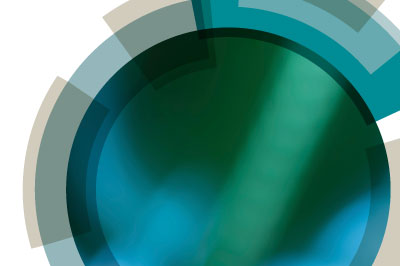Covid-19 has exposed us to a new reality where the virtual world is much more important than before. In order to keep our students engaged at the frontiers of Organic Chemistry, we have organized a weekly webinar series that is a joint collaboration between the Royal Society of Chemistry (RSC) and the Organic Chemistry Division of the Brazilian Chemical Society (SBQ). It is an alternative way to share work and interact with potential collaborators.
The sections will alternate between Brazilian and international speakers, in some cases with the opportunity for a selected Brazilian early career researcher to engage with the audience by presenting their recent independent career developments.
Programme
11:30 Introductions and welcome11:35 Early Career presentation with Q&A
11:50 Main Presentation with Q&A
12:45 Closing remarks
13:00 Close
Speakers
Professor Luiz Carlos DiasDrug discovery for the most neglected
In March 2013 we initiated a collaboration with DNDi (Drugs for Neglected Diseases initiative, www.dndi.org), a nonprofit organization, designated LOLA (Lead Optimization Latin America). LOLA´s mission is to discover and develop new drugs for the treatment of parasitic tropical diseases with an emphasis on Chagas disease and visceral leishmaniasis. At the same time, we initiated a collaboration with MMV (Medicines for Malaria Venture, www.mmv.org), also a nonprofit organization, designated Brazil Heterocycles. With MMV, we are looking for an oral drug to cure a patient of malaria, but as an extra challenge, we are working to develop a ONE DOSE treatment. A key element of these projects is to discover compounds that could ultimately be used for the prevention and treatment of malaria, Chagas disease and visceral leishmaniasis. These collaborations with both DNDi and MMV are unprecedented in Brazil and will help to advance drug discovery of poverty-related diseases endemic to the country.
Prof. Dr. Taícia Pacheco Fill
The chemistry hidden in the biological interactions found in the citrus host
Phytopathogens have developed a variety of specialized virulence strategies to facilitate colonization of plant tissue, and successfully infect and modulate the host plant physiology, including the production of low-molecular-weight phytotoxins (secondary metabolites). Brazil is the world's largest producer of citrus, which are susceptible to a number of diseases that cause significant losses during the postharvest phase. The most common and serious diseases that affect citrus are green and blue molds caused, respectively, by Penicillium digitatum andPenicillium italicum. The actual research concerning such pathogens focuses on treatments against the infection symptoms. However, the molecular basis of infection and specificity towards the host remain largely unknown. In this sense, in our projects we try to elucidate the biologically active constituents of host-pathogen interaction and study them concerning functionality. The interactions between citrus phytopathogens are also investigated in our laboratory trying to search for new and safer antifungal compounds.













